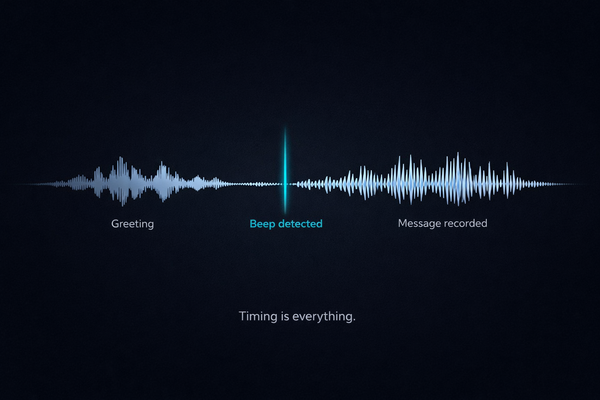[AI Digest] Agents Reason Code Speak Adapt
![[AI Digest] Agents Reason Code Speak Adapt](/content/images/size/w1200/2025/07/Daily-AI-Digest.png)
Daily AI Research Update - August 12, 2025
This week's research accelerates the three pillars of modern AI agent development: smarter chat agents with efficient reasoning, more capable web-automation agents that combine GUI and code, and stronger voice layers with global dialect coverage. Together, these papers show a clear trend toward unified agentic models that can reason, act, and adapt with lower compute requirements and better multilingual support.
📌 GLM-4.5: Agentic, Reasoning & Coding (ARC) Foundation Models
Description: A 355B-parameter MoE model (32B active) that ranks 3rd overall on public benchmarks and 2nd on agentic tasks with strong coding & reasoning capabilities.
Category: Chat Agents
Why it matters: First open-source model that simultaneously scores ≥70% TAU-Bench (tool use), 64% SWE-Bench (coding) and 91% AIME-24 (math). A promising "drop-in" brain for advanced chat agents without proprietary lock-in.
📌 LoRI: Reducing Cross-Task Interference in Multi-Task Low-Rank Adaptation
Description: A frozen-A, sparse-B LoRA variant that cuts adapter size by 95% yet outperforms standard LoRA; adapters merge orthogonally with near-zero forgetting.
Category: Chat Agents
Why it matters: Enables shipping tenant-specific or channel-specific skills (e.g., an e-commerce adapter vs. a banking adapter) without ballooning GPU memory. Also simplifies safety-first continual learning.
📌 CoAct-1: Computer-Using Agents with "Coding as Actions"
Description: Three-agent architecture (Planner + Programmer + GUI Operator). Chooses between GUI clicks and on-the-fly Python/Bash, achieving 60.8% success on OSWorld (SOTA).
Category: Web Agents
Why it matters: Direct blueprint for web agents that mix DOM actions with scripted calls (e.g., cURL, SQL) for robustness and fewer steps → faster, cheaper sessions.
📌 SEAgent: Self-Evolving Computer-Use Agent with Autonomous Learning
Description: Curriculum + dual-RL loop; learns unfamiliar software from scratch, boosting success rate from 11% → 34.5% across VS Code, GIMP, LibreOffice, etc.
Category: Web Agents
Why it matters: Shows how agents could auto-adapt to proprietary back-office tools without labeled demos, cutting onboarding effort dramatically.
📌 RL for Long-Context, Multi-Turn Software-Engineering Agents
Description: 65k → 131k-token RL pipeline, reaching 39% SWE-Bench Verified with a 7B model (no teacher distillation).
Category: Web Agents (Code-Gen/Tool-Use)
Why it matters: Demonstrates stable RL training at extreme context lengths — relevant for sessions that accumulate lengthy user + knowledge-base histories.
📌 Voxlect: A Speech Foundation Model Benchmark for Dialects & Regional Languages
Description: 30 corpora, 2M utterances, 11 language families; Whisper-Large hits 0.94 F1 on Thai & Arabic dialect ID.
Category: Voice
Why it matters: Provides ready benchmark + data map for dialect coverage. Fine-tuning on Voxlect could cut WER for non-standard English, Spanish, Arabic callers.
📌 OmniEAR: Benchmarking Agent Reasoning in Embodied Tasks
Description: 1.5K text-based simulated scenes with physics properties, tool-use and multi-agent collaboration; highlights reasoning gaps in current LLMs.
Category: Web Agents (General Agent Evaluation)
Why it matters: A rich test-bed to stress-test future multimodal (voice + GUI) agents on real-world constraint reasoning before deploying to customers.
This research roundup supports Anyreach's mission to build emotionally intelligent, visually capable, and memory-aware AI agents for the future of customer experience.




![[AI Digest] Agents Coordinate Plan Deploy Scale](/content/images/size/w600/2025/07/Daily-AI-Digest.png)